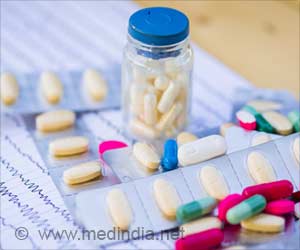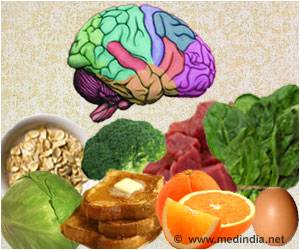
‘Link between serum folate and increased cardiovascular mortality in patients with rheumatoid arthritis has been discovered. ’
Tweet it Now
"It's particularly important for patients taking disease-modifying anti-rheumatic drugs to understand this increased risk,"said Kalyani Sonawane, PhD, an assistant professor at UTHealth School of Public Health and the study's lead author. Serum folate, more commonly known as folic acid, is a B vitamin that is essential in the creation of new cells and has a homocysteine lowering effect. Homocysteine is an amino acid found in blood, and high levels have been linked to a greater risk of developing cardiovascular disease. Individuals with rheumatoid arthritis often have an increased amount of homocysteine, an imbalance that may be due to common medications prescribed for rheumatoid arthritis, such as methotrexate, which deplete folate levels.
Folic acid is found in many foods such as eggs, broccoli, citrus fruits, and leafy greens. Healthy adults should consume at least 400 mcg daily, but study authors say folate-rich foods may not be enough to prevent cardiovascular disease for people with rheumatoid arthritis. Diets high in animal protein such as red meat and increased coffee consumption have been linked to higher homocysteine levels. Avoiding red meats and coffee and eating a diet rich in fruits and vegetables, in addition to taking a daily folic acid supplement, can help reduce homocysteine blood levels.
The researchers identified 683 patients with a self-reported diagnosis of rheumatoid arthritis. Participants were divided into three groups based on their measured serum folate levels: the first group (239 patients) had levels below 4.3 nanograms per milliliter; the second (234 patients) measured levels between 4.3 and 8.2 nanograms per milliliter; the third (210 patients) had levels greater than 8.2 nanograms per milliliter.
Over the course of 17 years, 258 cardiovascular deaths occurred. Serum folate level below 4.3 nanograms per milliliter was associated with 50% higher cardiovascular mortality risk in rheumatoid arthritis patients.
Advertisement
Source-Eurekalert















